I stumbled across the term queerbaiting, while I was doing research for a paper on LGBTQ+ representation on television. Several of the websites I visited cited multiple instances of queerbaiting across media forms, showing the pervasiveness of its presence and strongly emphasising the toxic nature of such lazy representation.
How does one define queerbaiting?
The term refers to authors, writers, show-runners and actors who play up the tension between two same-sex characters for the purposes of drawing in a queer audience, but never actually allow for the realisation of a romantic relationship. It has also been defined by The Mary Sue as “hinting at non-heterosexual characters or relationships without explicitly making them part of the story”.
Queerbaiting is essentially writers and/or other individuals involved in the creation process of characters wanting to have their cake and eat it too – in one stroke, they both gain an LGBTQ+ audience without alienating their more traditional consumers.
Why is queerbaiting not cool?
Representation in mainstream media is fundamentally important for minorities to feel included in larger narratives. Film and television, in particular, are not only forms of entertainment but also cultural products. They are accountable for reflecting the societies in which they are produced.
of the 901 main characters on scripted primetime television, only 58 identified as queer.
According to the Gay and Lesbian Alliance Against Defamation (GLAAD), of the 125 movies released by major production houses in the United States of America in 2016, only 23 contained characters who identified as queer. A report published by the same organisation titled Why We Are On TV claimed that in the 2017-18 television year, of the 901 main characters on scripted primetime television, only 58 identified as queer.
Persons who identify as queer are becoming increasingly vocal about a lack of or stereotypical representation. Many times, queerbaiting is used as an attempt to appease LGBTQ+ audiences, without putting in the effort to write layered and well-rounded queer characters. However, the only message queerbaiting conveys is that queer individuals are so inconsequential that their existence on-screen can only be attributed to fan-service.
The increased call for representation by queer audiences has also resulted in what is known as ‘implied representation’. ‘Implied representation’ occurs when a writer/s claim a character identifies as LGBTQ+ but never explicitly show it. The queerness of the character is relegated to a minor-subplot. This allows for the content to be considered progressive without much effort on the creators’ part.
Acts of queerbaiting and implied representation not only tell LGBTQ+ persons that they are worth minuscule effort and shabby writing, but queerbaiting also lowers the burden of good representation. Since it is based purely on interpretation, it is easy for writers and actors to dismiss the anger of LGBTQ+ fans in relation to unrealised same-sex relationships as an overreaction.
Also Read: Margarita With A Straw: A Movie Unafraid To Portray Disability, Sexuality And Queerness
Examples, examples and more examples
The number of tv shows, films and books that queerbait is deeply infuriating. I have chosen three examples from the literary as well as the visual genre of media, in which queerbaiting is most obvious.
J.K. Rowling has recently come under a lot of flak from the queer community for being vocal about Dumbledore being gay without giving any indication of his sexuality in the books. In keeping with this narrative, Warner Bros. has claimed that Dumbledore will not be explicitly gay in the up and coming sequel to Fantastic Beasts and Where to Find Them; and his relationship with Grindelwald will not be overtly romantic.
Instances of queerbaiting can also be found in Harry Potter and the Cursed Child, particularly between Albus Severus Potter and Scorpius Malfoy. The co-dependency between these two characters suggests more than a close friendship. Even Snape can see it, comparing their relationship to his love for Lily Evans.
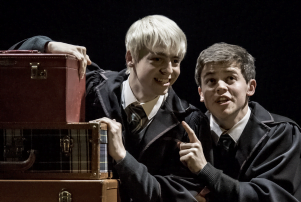
Albus Potter and Scorpius Malfoy. Image Source: Harry Potter Wiki
Another massive franchise that has been accused of queerbaiting is the Pitch Perfect series. All three films tease something more between two of its main characters, Beca and Chloe. In the first film it was with a shower scene, in the second the two find themselves in an upside-down Spider-Man kiss situation, without the kiss actually happening – their conversation does have Chloe revealing that she wished she had experimented more in college and the third finds Chloe cupping Beca’s breasts while pushing her toward a wall.
queerbaiting conveys that queer individuals are so inconsequential that their existence on-screen can only be attributed to fan-service.
The promotion was also rife with allusions toward a relationship between Beca and Chloe. During the press of the film, the cast revealed that a kiss shared by the two women had been filmed, but that footage did not see the light of day – the third and supposedly last film of the series ending with Chloe planting a kiss on a soldier.
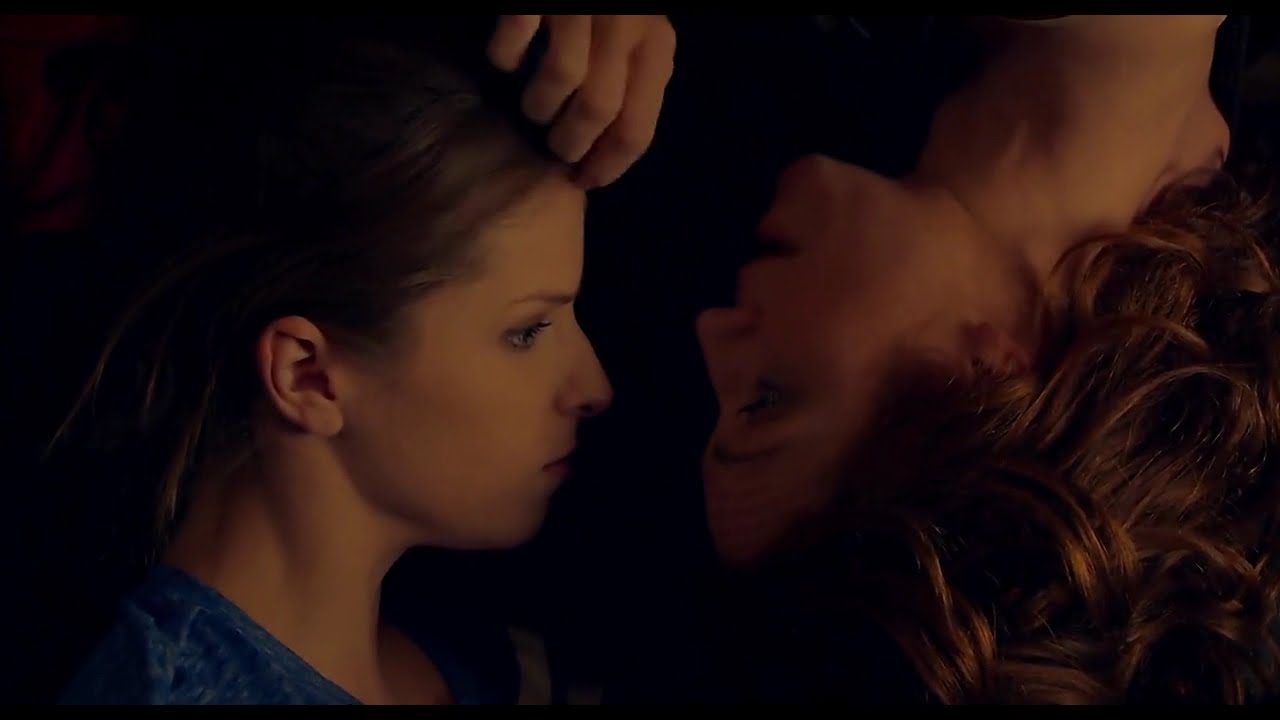
Beca and Chloe. Image Source: Pinterest
Popular tv show, Supernatural, also has a queerbaiting problem. The viewership of the show increased after the friendship between Dean Winchester and Castiel took on more romantic undertones and there can be no doubt that producers had intentionally left their sexualities ambiguous.
In fact, the showrunners and cast were very aware of the large fan base for the relationship, often reinforcing the ‘no homo’ trope after a romantic gesture between the two men. The actor playing Dean Winchester also revealed being deeply uncomfortable with the queer interpretations of his character.
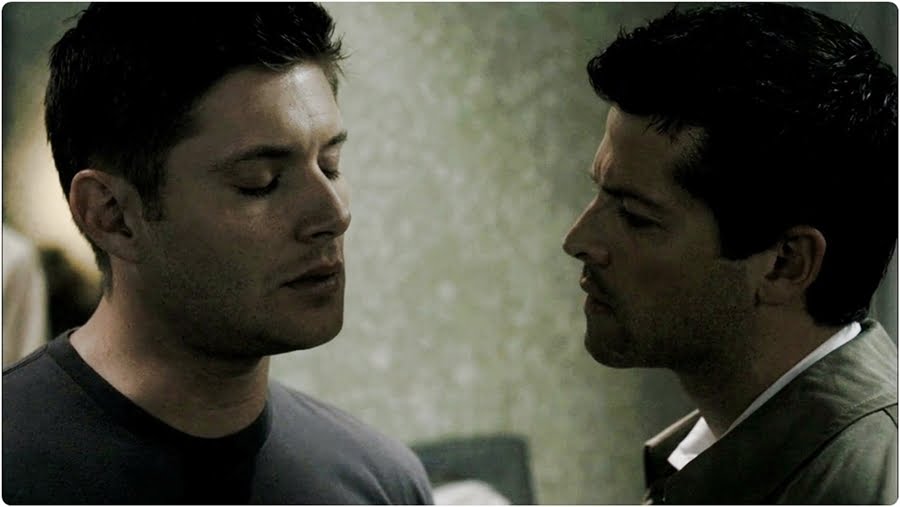
Dean and Castiel. Image Source: Supernatural Wiki
These examples do not even begin to cover the tip of the iceberg. However, the multiple instances of queerbaiting across media does leave me with a question – if it is possible for complex queer human beings to exist in reality, why is it so difficult for them to find a place in our fictional universes?
References:
Affinity Magazine
Rife
Pink News
Also Read: Queer Fanfiction: Changing The Hetero Narrative Of Pop Culture
Featured Image Source: FAN/FIC Magazine
About the author(s)
Currently in between semi and full adulthood. Writing helps me work out all the complex thoughts I have floating around in my brain.

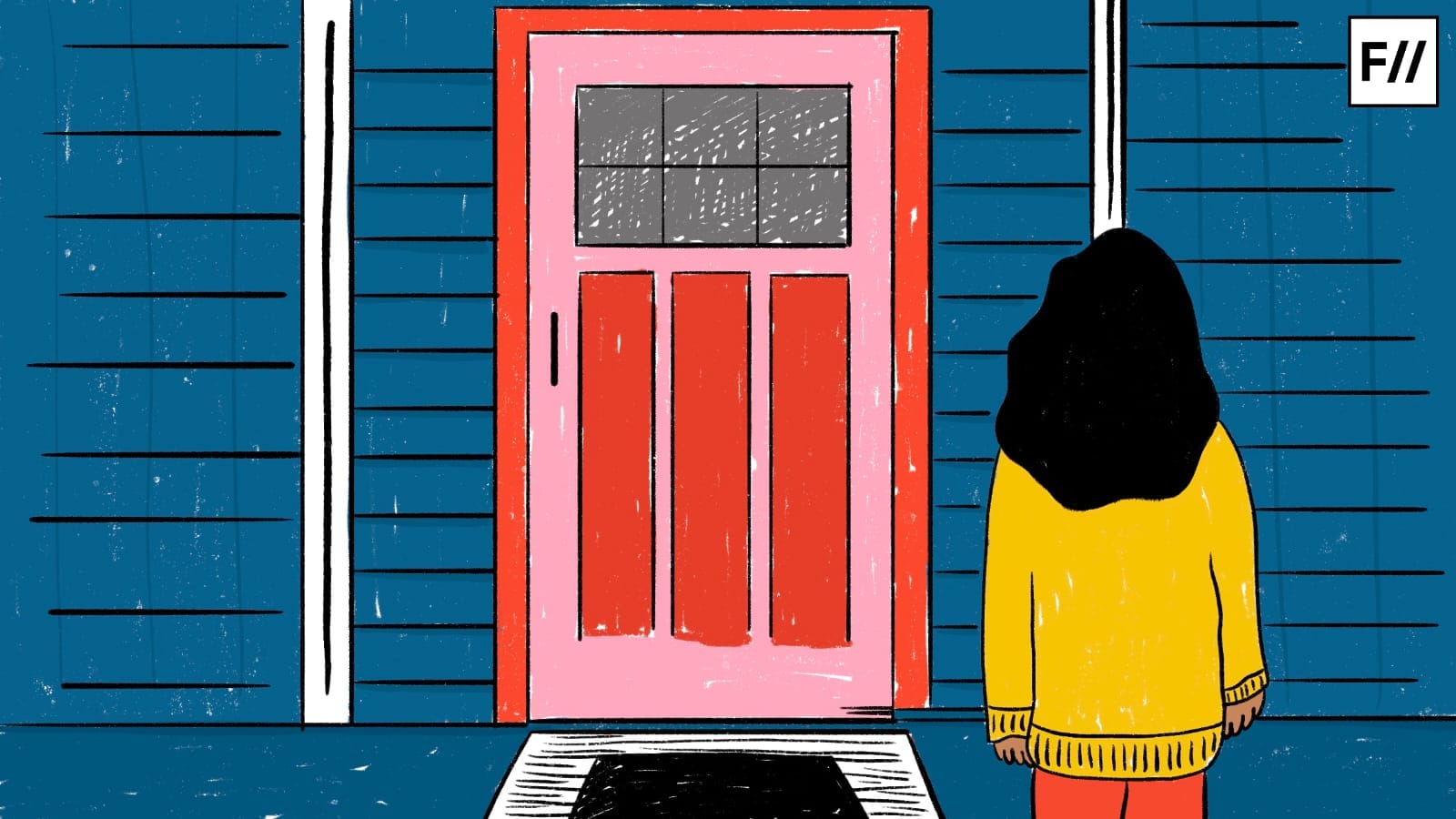
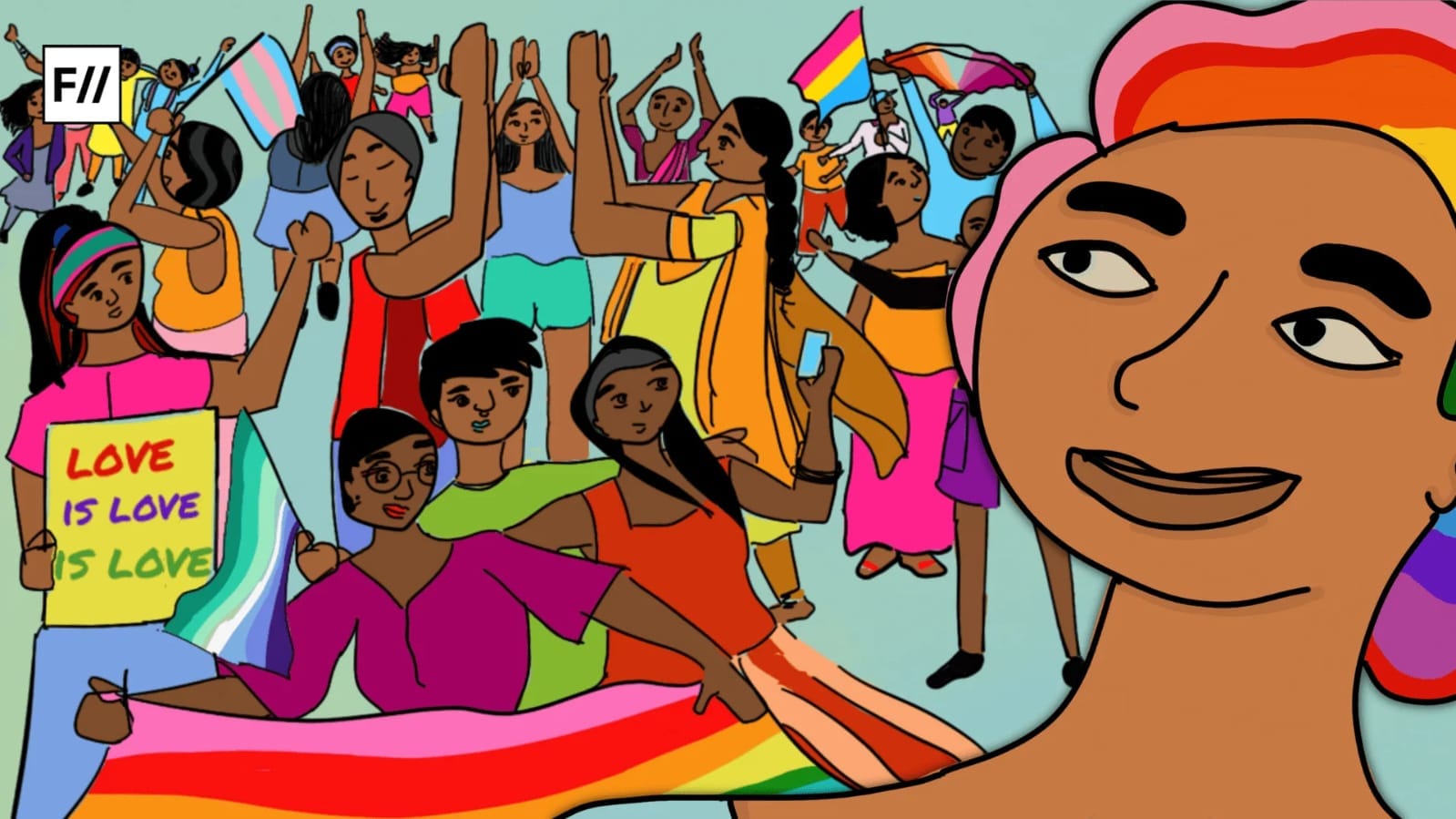


This article doesn’t critersize Disney for queerbaiting which is apparent in beauty and the beast as well as Thor 3 . The writer of this article is willing to hate at jk rowling and warner bros ( harry potter and supernatural both are part of warner bros) but not Disney, This stinks of a bias and that the media is anti warner bros . Thank God the box office doesn’t have a bias after all Disney has two flops this year (2018) ( a wrinkle in time and solo are both Disney flops )
Firstly, there is no coverage for the Sherlock, whose poster is at the headline of the article and secondly the actor who plays Dean Winchester had said that a couple of years ago and since then his instance on the subject has changed ( though i should mention here the entire cast and crew of supernatural are not uncomfortable with the queer interpretations).